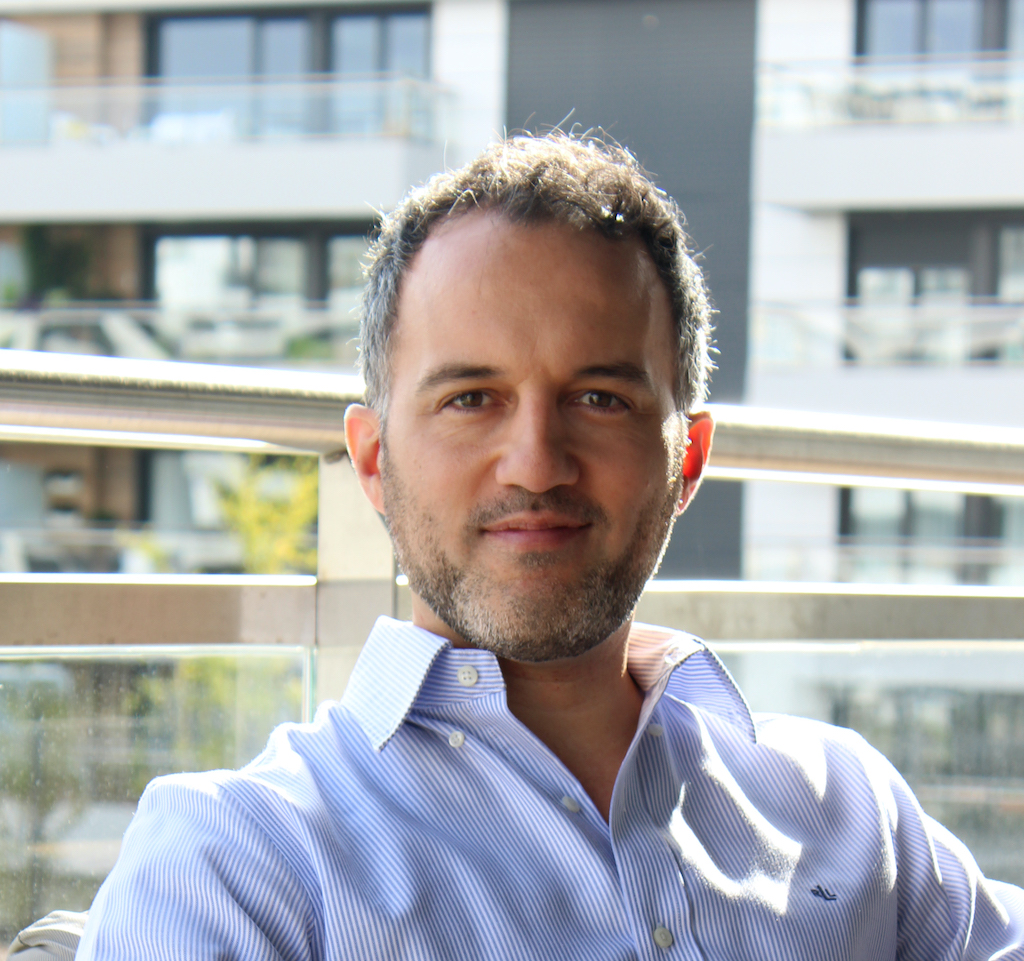The profound revolution sparked by artificial intelligence (AI) extends beyond the realms of business and technology into social, philosophical, and ethical spheres. It promises to deeply transform the way we interact with the world, with each other, and with ourselves. Therefore, to fully grasp its implications, mere technical knowledge is insufficient; a cultural and technohumanistic perspective is imperative. This course provides participants with conceptual tools and practical resources to understand and discuss some of the most pivotal questions we can ask: Can a machine really think? Is it capable of creativity? What does “intelligence” mean in the context of AI? Will it match or exceed human capabilities? Should we regulate it? Can AI possess morality? And how do all these questions affect our actions and our self-perception as human beings? Drawing on insights from classical and modern thinkers, from Plato to Peter-Paul Verbeek, exploring the work of generative artists such as Christian Mio Loclair or Rekif Anadol, and evaluating cultural studies and humanistic perspectives on AI, participants will gain a distinctive and rigorous viewpoint to engage in one of the most crucial debates of our time, which is not only about technology, but mainly about who we are and who we want to be.
Pablo Sanguinetti
Pablo Sanguinetti is a PhD researcher and writer specializing in a humanistic approach to technology. He holds a BA in Literary Theory with postgraduate studies in Artificial Intelligence and Programming, and is currently pursuing a PhD in artificial intelligence narratives. He operated the Google innovation program for the media industry in Spain and Portugal, delivering over a hundred lectures and workshops at leading universities and media companies in both countries. He has also served as a correspondent for the German agency DPA in Berlin and Madrid during his journalism career. He is the author of the essay book Tecnohumanismo: Por un diseño narrativo y estético de la inteligencia artificial (Technohumanism: Towards a narrative and aesthetic design of artificial intelligence) and two collections of short stories. He is a member of the Observatory on the Ethical and Social Impact of Artificial Intelligence in Spain (OdiseIA).

